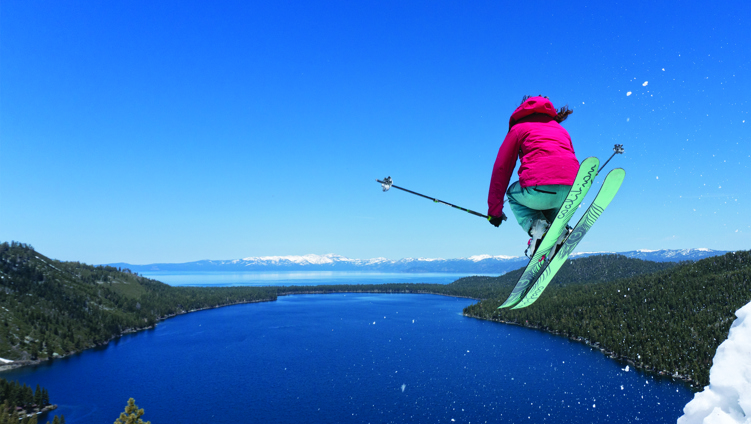In Western countries, the stigma around skaters expressing themselves freely has all but died. Now recognised as an Olympic sport, skateboarding's status has flipped. Most societies have now accepted a traditionally rebellious pastime.

In Western countries, the stigma around skaters expressing themselves freely has all but died. Now recognised as an Olympic sport, skateboarding's status has flipped. Most societies have now accepted a traditionally rebellious pastime.
Partly because the journey to this point has been one of struggle, skateboarding traditionally attracts non-conformists who unite together to create caring communities to support each other. And this struggle, and the emergence of supportive communities, is now playing out in societies in which skateboarding is newly thriving.
Afghanistan and Palestine - states that have unfortunately been in the news for the wrong reasons - have both experienced positive skateboard revolutions in recent years. Skateboarding is widely seen to give skaters a sense of freedom, which is important for people whose freedoms are curtailed.
In both countries skateboarding, though still relatively fresh, is providing a tool for empowerment and gender equality. But it is also faced with challenges that would be unrecognisable in Western skateparks like Venice Beach in California or Undercroft on The Southbank, London.





As a volunteer English teacher, Davies would skate through the Palestinian streets after class. He was amazed to find crowds of kids gathering around him, asking how he made the board jump in the air. This curiosity was a welcome sight, in the context of the youth of a nation under endless military occupation.
It sparked the idea for SkatePal, a skateboarding nonprofit with a mission to "support communities throughout Palestine by promoting the social, health and wellbeing benefits of skateboarding to enhance the lives of local youth."
Beginning as a wooden mini-ramp and a handful of eager students in 2014, today SkatePal has helped build several skateparks in Palestine. It regularly hosts hugely successful skateboarding classes in central Ramallah, typically with 50% female participation, strengthening the community and giving young people an accessible vehicle for self-empowerment and expression while having a positive effect on wellbeing and a sense of belonging.
Owen Godbert, a recent SkatePal volunteer, says skateboarding is definitely having a positive effect in Palestine. "What’s great about it being a new activity to the country," he says, "is that it doesn’t have any of the negative stigma attached to it, as it kinda does in the Western world."
'Skateboarding is a HUGE distraction from everything. It’s something I do not only do to enjoy, but to learn many things about, basically anything from new experiences to meeting new people to being exposed to cultures and ideas.'
Skateboarding is also changing lives and giving hope to young people leading tough lives in Afghanistan. In particular it has given girls a safe place to pursue sport and change their outlook on life.
However, with the Taliban's return to power - and their prohibition on women playing sport - this progress is in grave danger. Now, more than ever, groups across the country helping young women into sport need our awareness and support.
One such group is Skateistan, an award-winning international non-profit organisation that empowers youth through skateboarding and education. The organisation brought skateboarding to the streets of Kabul and started as a “crazy idea” to use skateboarding to empower girls, recently expanding to opening their fifth school.
'Young people from different ethnic groups and all kinds of social backgrounds would turn up at the gatherings. A few of them were rich, but many others were very poor. A different identity began to take shape among them. They were no longer Tajik or Hazara – they were simply skateboarders.'
From day one, Skateistan's priority has been to include and encourage girls. Through skateboarding and creative education, girls at Skateistan find a way to explore their interests, develop their skills and defy society's expectations. Girls make up 50 per cent of Skateistan’s students in a country where they are more likely to be out of school and excluded from sport and physical activity.
Skateboarding gives girls in Afghanistan a chance not to be dependent on someone else. They learn how to be with each other, which is rare given girls typically play with their cousins or their neighbours. They don’t have friends the way we have friends in the West. And skateboarding is fun, like riding a bike - something they’re not allowed to do.

